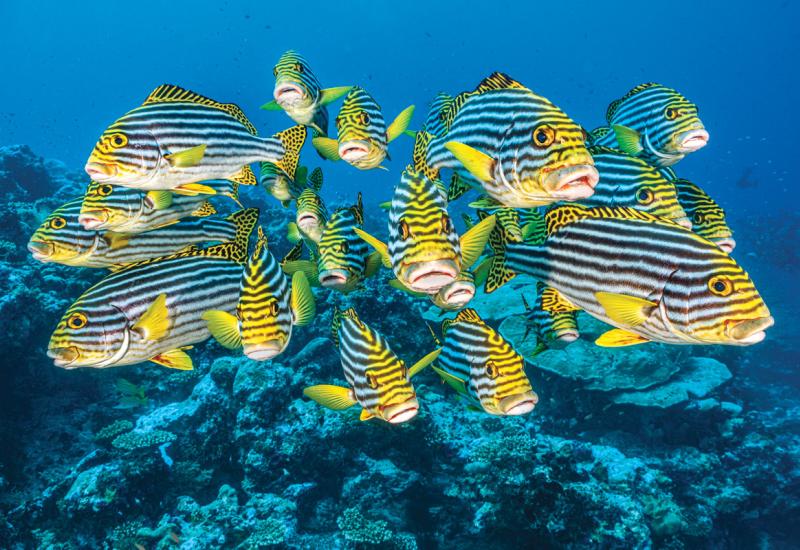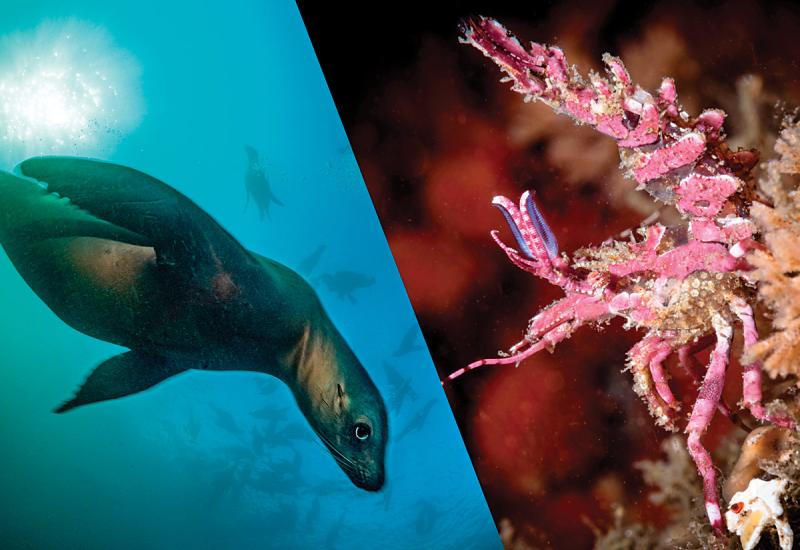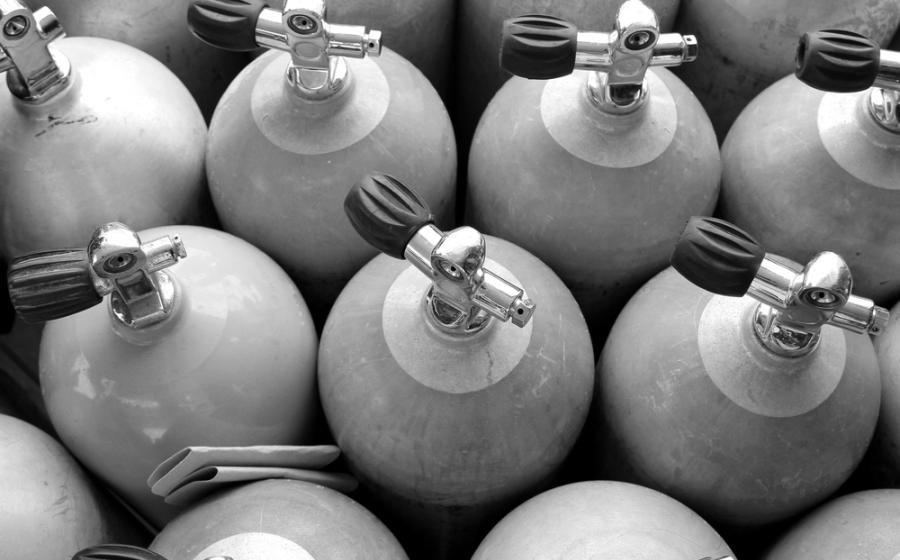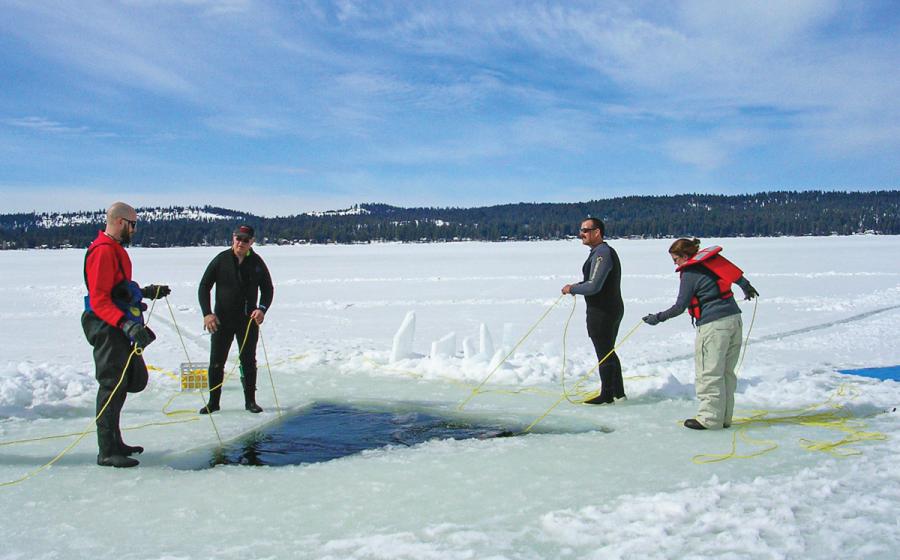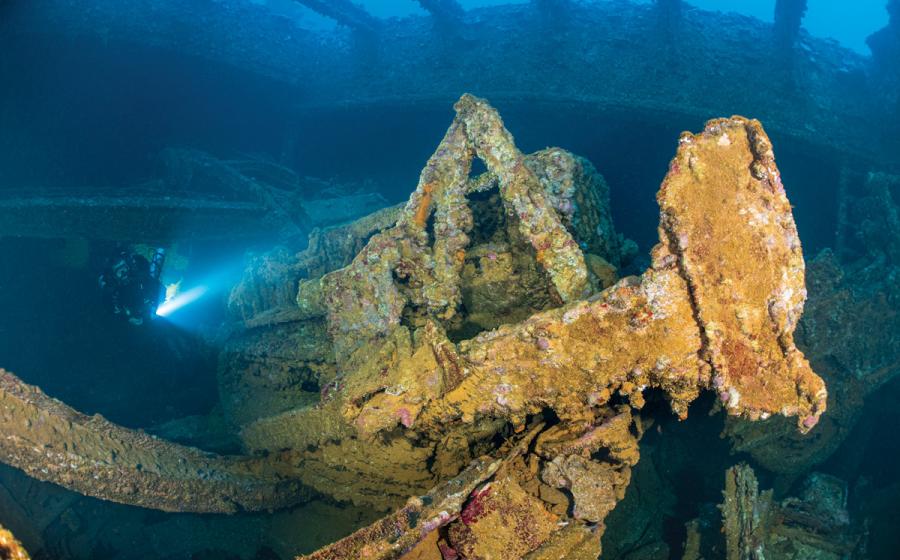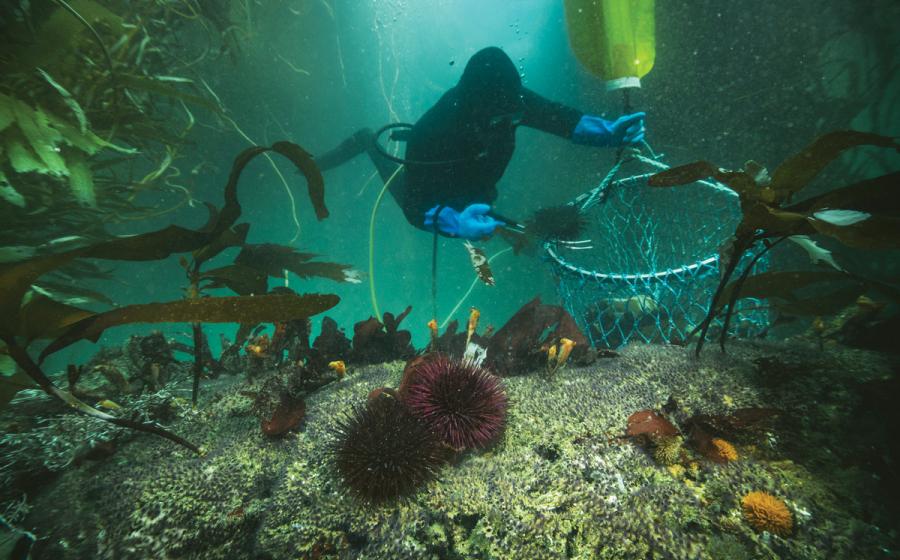If Divers Don't Act, Goliath Grouper May Soon Disappear
What’s a goliath grouper really worth? That’s the question burning through the Sunshine State right now. The Florida Fish and Wildlife Conservation Commission (FWC) seems to think $300 per dead fish is fair. Or at least that’s the number they’ve tossed around since Florida fishermen began petitioning the FWC to allow a limited open season on goliath grouper.
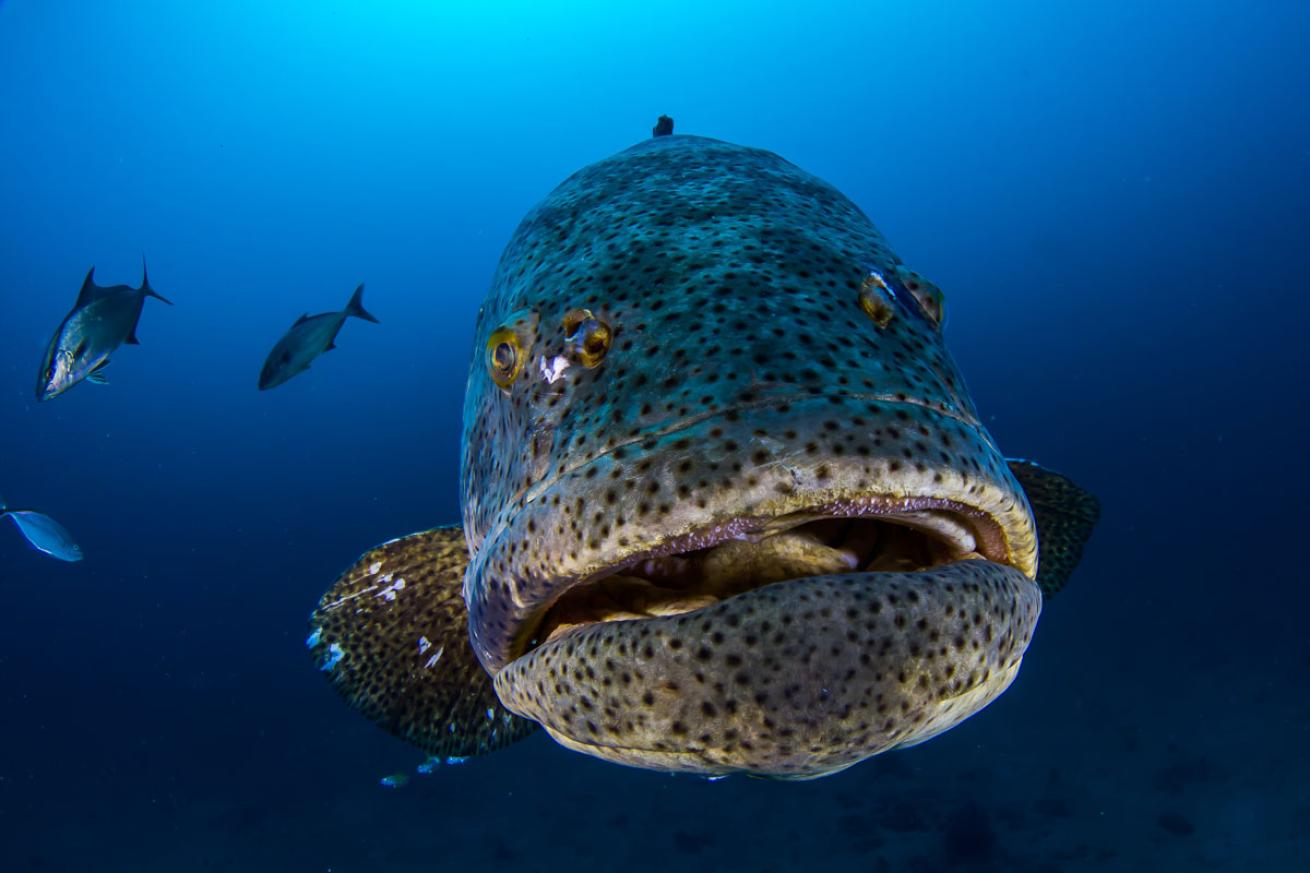
ShutterstockMake your voice heard and help to protect the goliath grouper population in Florida.
Goliath grouper reached commercial extinction in the 1980s, which led to federal and state harvesting bans. In 1990, Florida banned all non-catch-and-release fishing of the goliath, but by 1994, the species was declared critically endangered — one step away from extinction — by the International Union for Conservation of Nature. Yet, Florida fishermen are still petitioning the FWC in hopes that they will again be able to fish and kill these gentle giants.
The fishermen claim goliath grouper “are pretty much everywhere.” Local Tampa, Florida, charter owner Capt. Jim Lemke told the Tampa Bay Times, “every time we go offshore fishing, they’re pretty much eating our fish.”
However, scientific studies have found the opposite to be true:
• A 2010 Florida State University research paper found that the goliath grouper was still "overfished … and critically endangered."
• Research collected by Sarah Frias-Torres, Ph.D., shows that overfishing, not the goliath groupers, is the reason for declining fish and lobster stocks.
• In 2016, an independent panel of scientists rejected a stock assessment by the FWC that found the goliath grouper’s population had recovered. The assessment was rejected due to its limited geographical scope, which only covered South Florida.
• Current analysis by the University of Florida of more than 200 goliath groupers found that the species’ diet consists of 85 percent crustaceans and 15 percent slow, poisonous fish such as stingrays, catfish and pufferfish — not game fish.
• Research published in 2011 by Florida State University researchers found that reef fish diversity and abundance is actually higher when goliath grouper are present.
As divers, we know what it’s like to encounter the goliath underwater — we know their gentle personality is unmatched. Scuba Diving’s Deputy Editor, Mary Frances Emmons, has compared their behavior to that of “underwater puppies” and stopped eating grouper altogether years ago, because who would eat a puppy? Whether they behave more like a pet or a predator, the fact remains that there is limited, if any, factual evidence to support the claims fishermen are making for an open season on goliath grouper in the state of Florida.
Besides, according to the U.S. Food and Drug Administration (FDA) and the U.S. Department of Health, goliath grouper contain levels of mercury that are unsafe for human consumption.
So, if you can’t eat them and they are not a true threat to fishermen’s catch, why do Floridian anglers want to kill them so badly?
“Killing goliath groupers will also kill growing economic benefits derived from divers who revel in the opportunity to be in the presence of these iconic animals who are often as curious about us.” – Dr. Sylvia Earle
WHAT CAN YOU DO?
The FWC needs to hear from divers and anyone who believes in protecting the goliath grouper. Currently, fishermen are being heard the loudest, but we hope you will help us change that. The FWC is holding open seminars in the state of Florida now through October to hear concerns and comments from the public.
You can also comment on this issue directly on the FWC website here. It’s not always easy to have your voice heard, but in this case, it’s as simple as filling out your name and taking a stance here. As lovers of all underwater critters, we encourage you to join us in taking a stand to protect goliath groupers in Florida.
Florida Fish and Wildlife Conservation Commission goliath grouper workshops (each from 5 to 8 p.m. local time):
July 31: Lake Worth, Lantana Road Branch Library, 4020 Lantana Road.
Aug. 1: Key West, Key West Marriott Beachside Hotel, 3841 N. Roosevelt Blvd.
Aug. 2: Marathon, Hyatt Place Marathon/Florida Keys, 1996 Overseas Highway.
Aug. 3: Key Largo, Murray Nelson Government Center, 102050 Overseas Highway.
Florida Fish and Wildlife Conservation Commission goliath grouper workshops (each from 5 to 8 p.m. local time):
Aug. 8: Crystal River, Plantation on Crystal River, 9301 W. Fort Island Trail.
Aug. 9: Carrabelle, Franklin County Senior Citizens Center, 201 NW Ave. F.
Aug 16: Pensacola, Sanders Beach – Corinne Jones Resource Center, 913 S. I St.
Aug. 17: Panama City, Bland Conference Center, 4750 Collegiate Drive.
Oct. 9: Jacksonville, Pablo Creek Regional Library, 13295 Beach Blvd.
Oct. 10: Titusville, American Police Hall of Fame & Museum, 6350 Horizon Drive.
Oct. 11: Stuart, Flagler Place, 201 SW Flagler Ave.
Oct. 12: Davie, Old Davie School Historical Museum, 6650 Griffin Road.
Oct. 16: Pinellas Park, Bill Jackson's Shop for Adventure, 9501 U.S. Highway 19 N.
Oct. 17: Port Charlotte, The Cultural Center of Charlotte County, 2280 Aaron St.
Oct. 18: Naples, Collier County Public Library - South Regional, 8065 Lely Cultural Parkway
Source: Florida Fish and Wildlife Conservation Commission
| Make better seafood choices with the help of Seafood Watch — They recommend seafood that's fished or farmed in ways that have less impact on the environment |

.jpg?itok=QuKTldYw)

